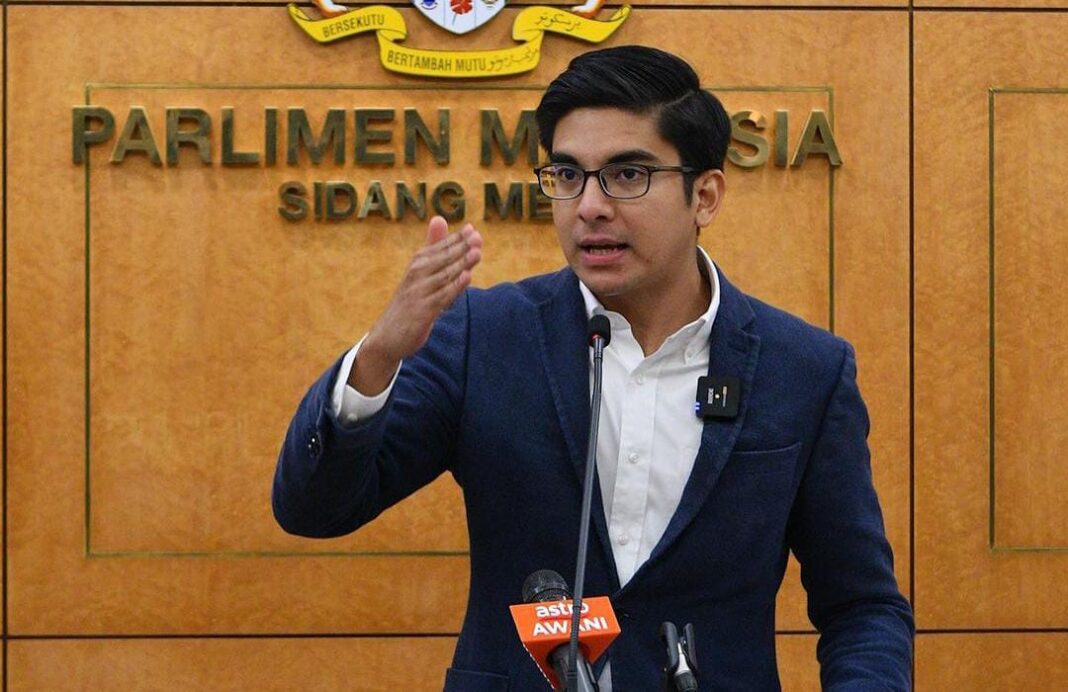In a recent development, Muda President Syed Saddiq Syed Abdul Rahman’s aggressive critique of the unity government has raised concerns among political analysts. Experts argue that this approach could lead to a decline in support for his party rather than bolstering it. Akademi Nusantara’s Azmi Hassan has deemed Syed Saddiq’s actions as strategically unwise, highlighting that Muda’s political viability still depends on Pakatan Harapan’s support. Additionally, James Chin of the University of Tasmania warns that Syed Saddiq may be undermining his own chances of re-election by antagonizing PH, emphasizing the ideological similarities between Muda and PH regarding reform initiatives.
Read Story In Detail
Muda president Syed Saddiq Syed Abdul Rahman’s recent public criticism of the unity government at the outset of this week is predicted to backfire, potentially leading to a decline in support for his party, say political analysts. Azmi Hassan, a scholar at Akademi Nusantara, contends that the latest attack on the unity government by the Muar MP may not prove to be a wise strategic move and is likely to result in more losses than gains for Muda. Hassan asserts that Muda’s political viability remains closely linked to the support it receives from Pakatan Harapan, the largest component of Anwar Ibrahim’s unity government.
When questioned about Muda’s failure to seek support from Perikatan Nasional (PN), Azmi explained that, unlike other parties such as MCA and MIC, the youth party has not been invited by the opposition coalition to collaborate. He suggests that this indicates Muda’s limited political influence and inability to attract PN’s backing.
Azmi Hassan notes, “This shows that Muda does not have the political clout to attract PN.” Before the recent state elections, PN’s election director, Sanusi Nor, had expressed a willingness to welcome MCA and MIC into the coalition to contest mixed seats, should these parties decide to leave Barisan Nasional due to allegations of unfair treatment. However, both MCA and MIC ultimately chose to abstain from the polls, focusing instead on preparations for the 16th general election.
On Monday, Syed Saddiq criticized Anwar’s administration, labeling it a “Nato” (no action, talk only) government and alleging that it had failed to fulfill promises of reforms made during the 15th general election campaign. He also questioned why opposition MPs had not been allocated equal resources, highlighting that the government bloc had already received substantial funding ranging from RM3.8 million to RM4.5 million.
James Chin from the University of Tasmania cautioned that Syed Saddiq’s actions might be counterproductive, emphasizing that Muda’s victory in the Muar parliamentary seat during the 15th general election owed much to the support of Pakatan Harapan. Chin pointed out that continuous attacks on PH could jeopardize Muda’s chances of reelection.
Chin reminded Syed Saddiq that Muda and PH shared similar ideologies when it came to advocating for reforms. Furthermore, he underscored that Muda primarily contested urban seats, where PH enjoyed strong support, as opposed to rural or Malay areas.


